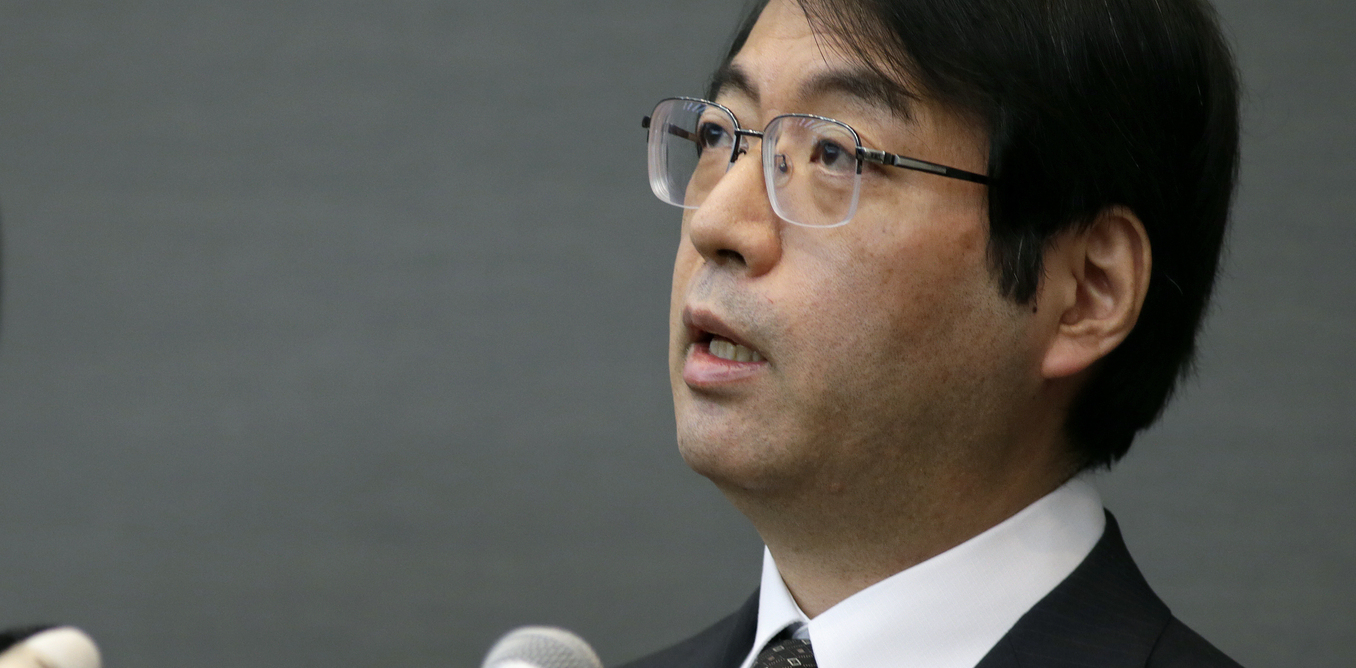Japan's Quiet Science Vs China's Megaphone Claims
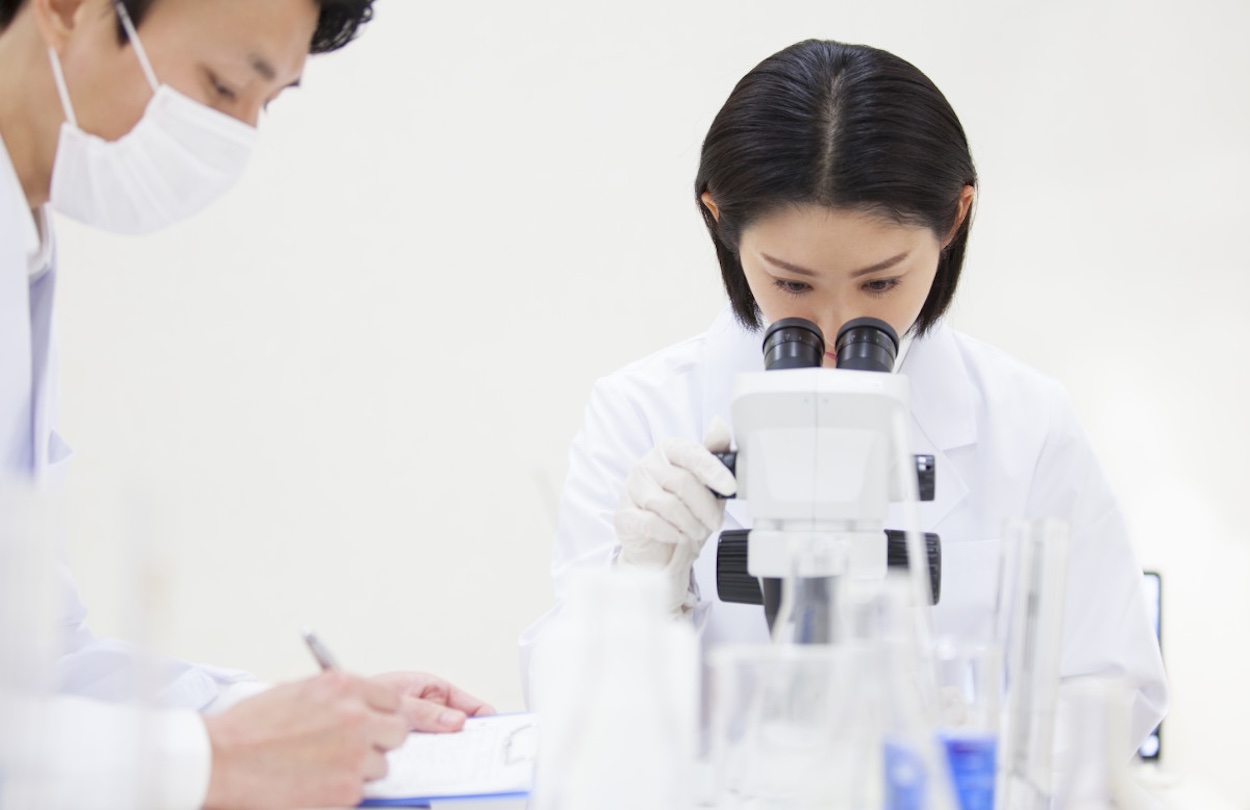
Send us a link


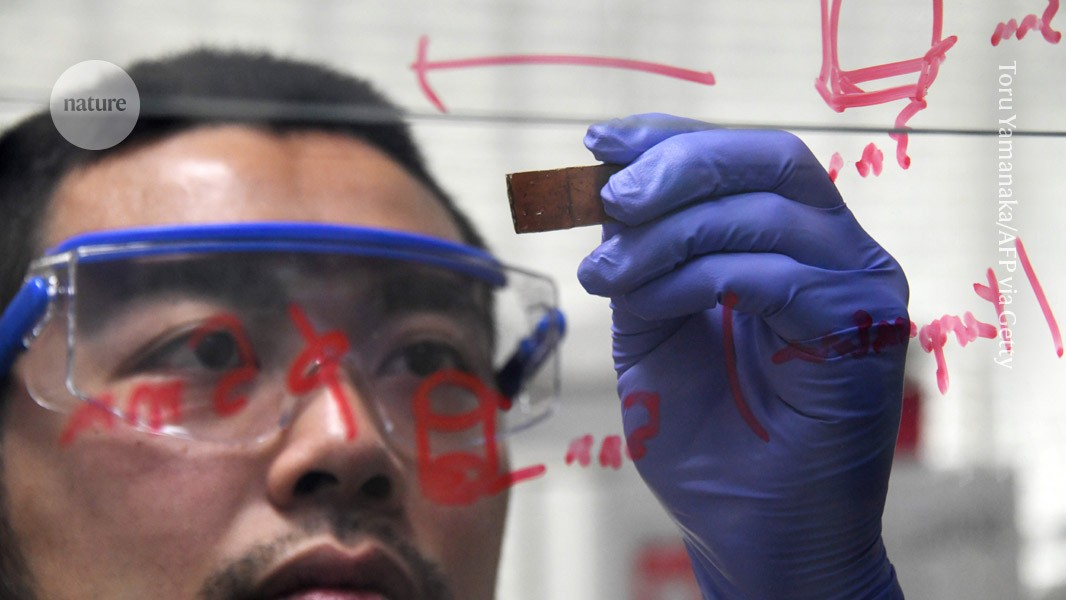
With the aim of boosting Japan's slumping research capabilities, the education ministry is planning to launch financial support for groups of young researchers engaged in international collaborative research in advanced technologies, such as artificial intelligence and medicine. The support from the ministry will include travel expenses from Japan and costs for organizing research conferences. The ministry hopes the initiative will enhance Japan's research capabilities by facilitating interactions with leading researchers abroad, thus achieving results in promising collaborative research.
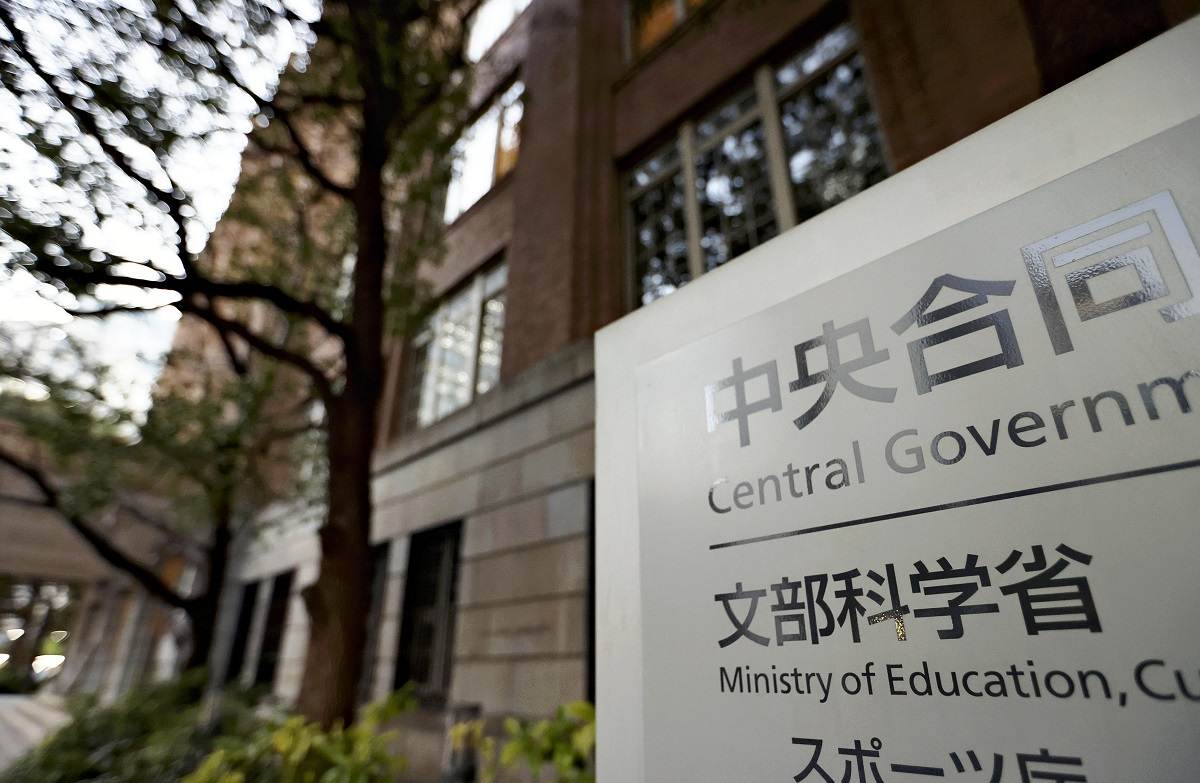
Japan’s contribution to world-class research continues to decline, despite having one of the world’s largest research communities, according to a report by the Japanese Ministry of Education, Culture, Sports, Science and Technology.
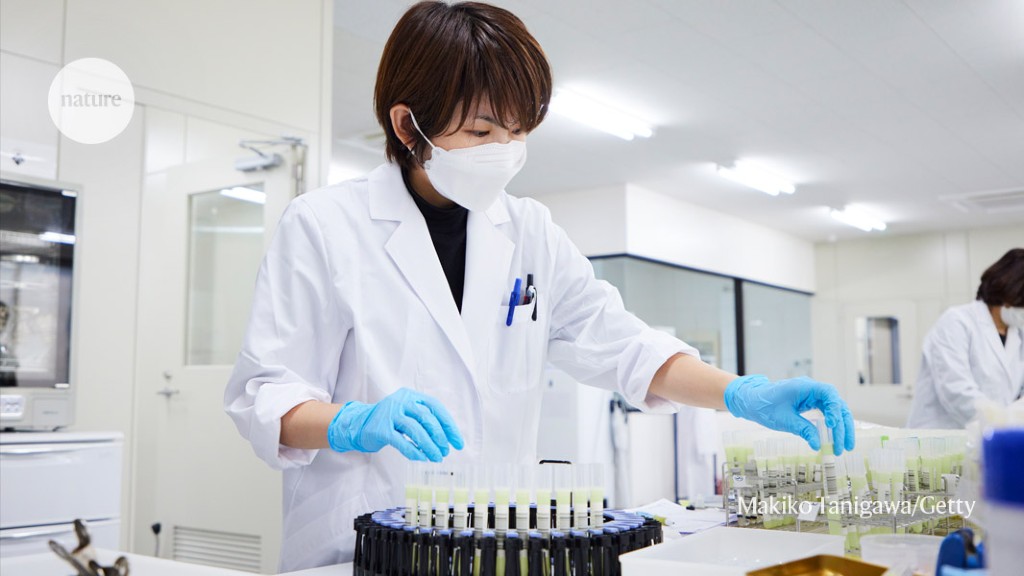
Successes in life sciences and international collaboration could be key to boosting the country's high-quality output.
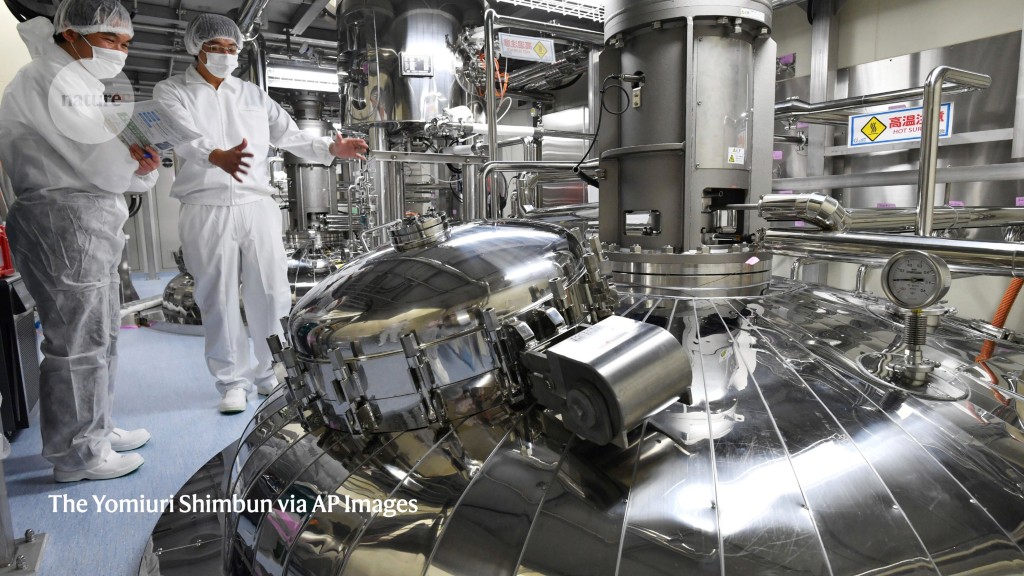
Scientists are concerned that the ruling coalition's landslide victory will mean continued investment in science that could be applied for military purposes.
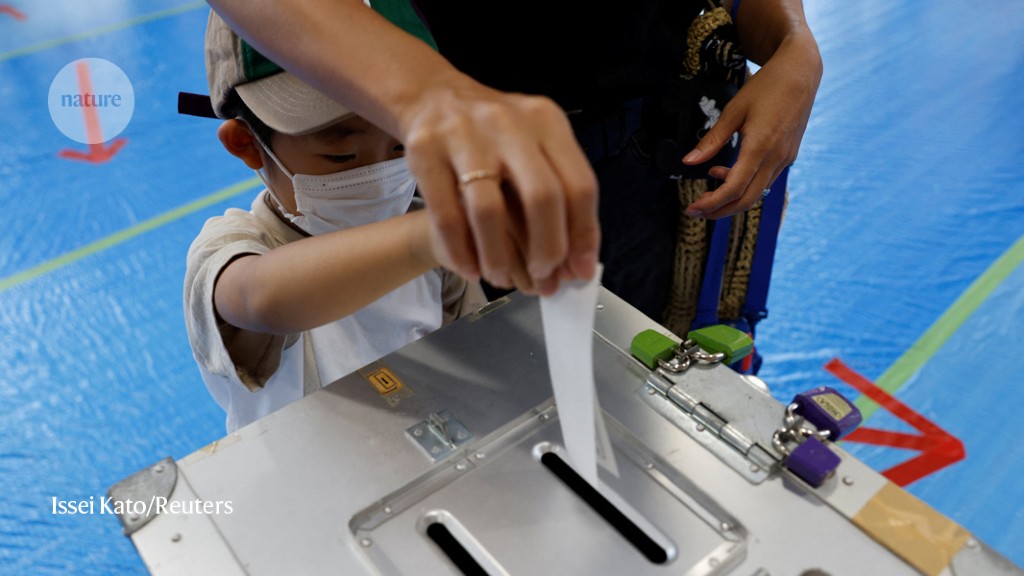
After years of detective work, it's still unclear why a Japanese doctor faked dozens of clinical trials.

Foreign faculty in Japan are less productive than their local counterparts on many measures, but better connected to global collaborations.
Nobel laureate Shinya Yamanaka suggested at a press conference that Kyoto University in Japan could ask him to resign over fraud committed by one of his center’s scientists.
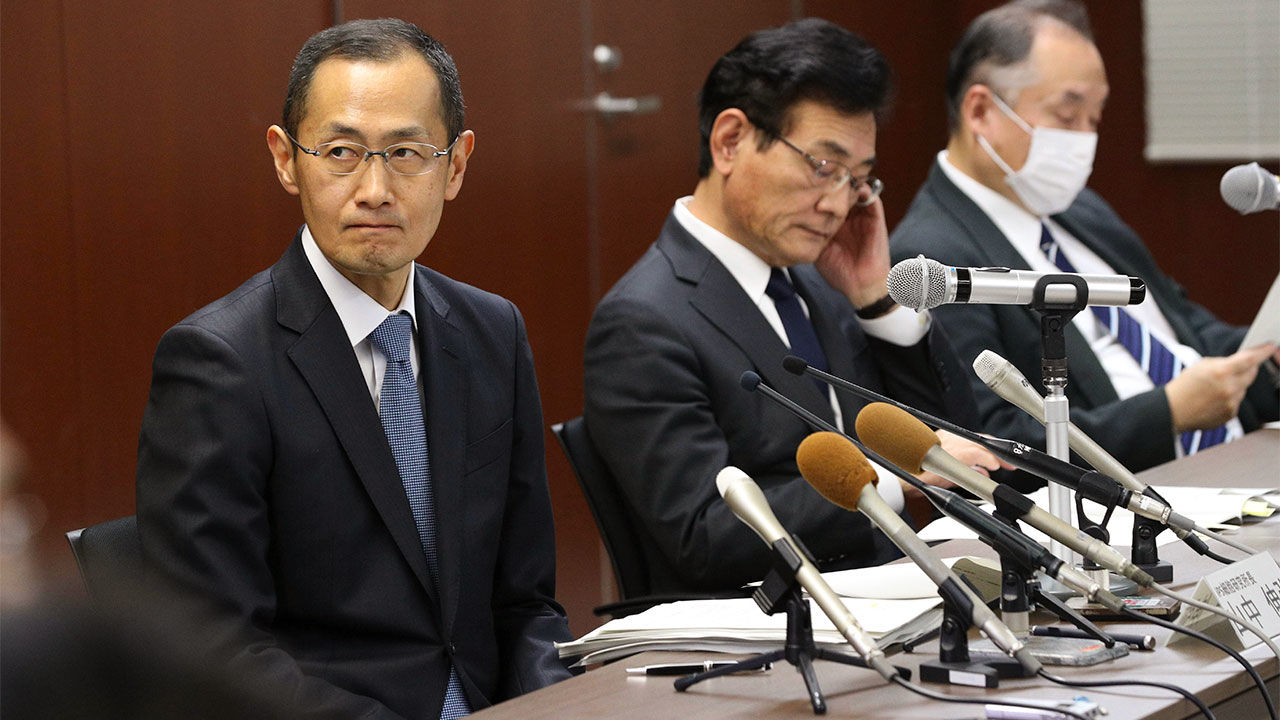
Biologist Yoshinori Watanabe publishes extensive response
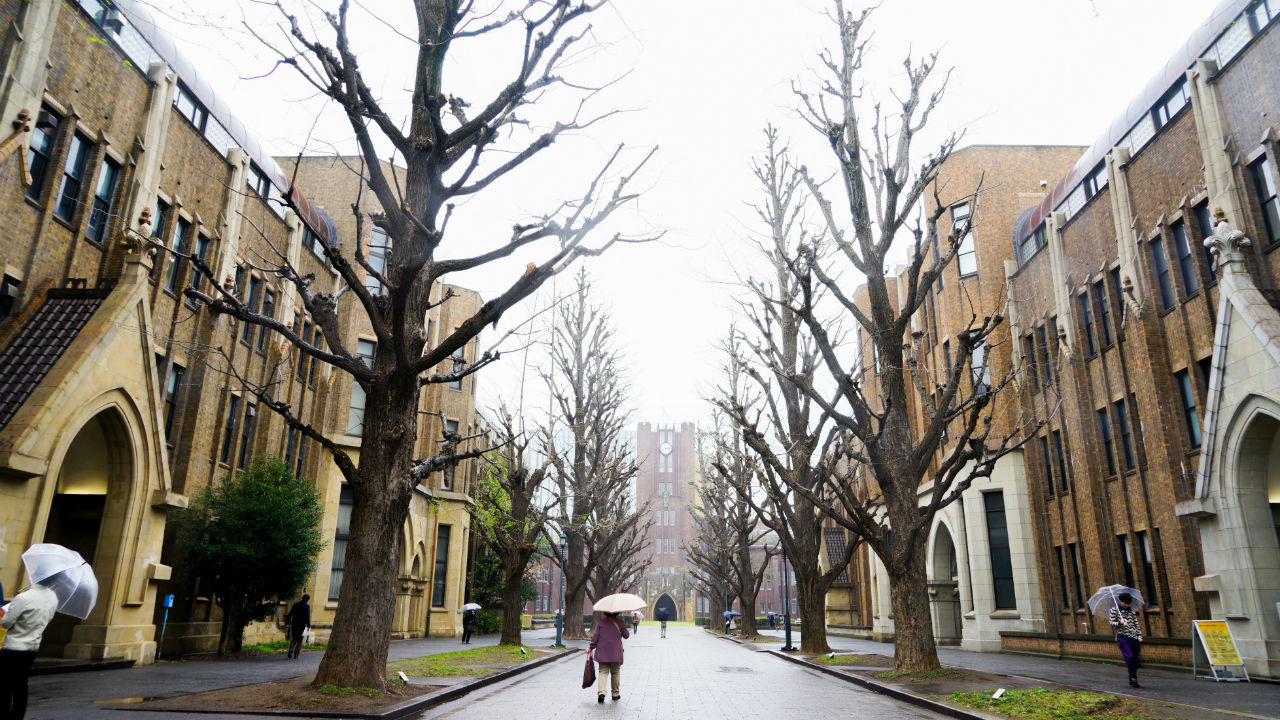
The challenges facing researchers in Japan and some of the structural weaknesses holding science back.

Scientific output in Japan has seen a sharp decline in the last decade due to years of inflation, government debt, rising commodity prices and a series of natural disasters.

Anonymous individual or group claims that 22 papers from the University of Tokyo contain fabricated or falsified data.

7 universities are to close liberal arts and social science courses.
Ryoji Noyori, long-time president of Japan's RIKEN network of basic-research laboratories, has resigned after a year in which the organization was embroiled in controversy over fraudulent stem-cell papers.
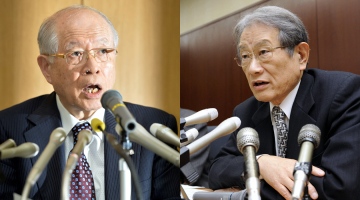
We need to deal swiftly with fraud when it is identified. But time after time I have watched not only the accused, but everyone around them, be treated with such sanctimonious disdain. by Michael Eisen
